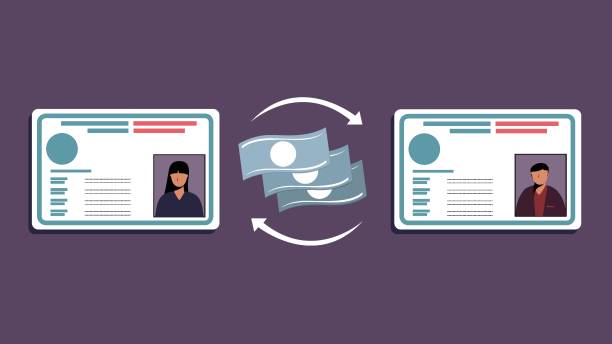
The specter of overextended personal debt looms large in the modern economic landscape, a burden carried by millions. While often rationalized as a te...
Read More
A Debt Management Plan (DMP) is a structured agreement to repay your unsecured debts, offering a path to financial stability through reduced payments ...
Read More
The moment an unpaid debt is transferred to a collection agency, a financial misstep transforms into a sustained and multifaceted burden. The impact o...
Read More
The shadow of overextended personal debt casts a long and damaging pall over an individual’s financial identity, primarily embodied by their credit ...
Read More
The crisis of overextended personal debt is a complex financial state where liabilities become unmanageable, and its profound impact on an individualâ...
Read More
Of all the factors that determine a credit score, the credit utilization ratio holds a unique and powerful position for those struggling with overexte...
Read MorePrioritize utilities to avoid service disconnection, which can compound crises (e.g., losing heating in winter). Then address high-interest debts like credit cards.
Use secured credit cards, become an authorized user on someone else’s account, and consider credit-builder loans. Consistency and time are key.
Absolutely. This is often the best course of action. You can negotiate a "pay-for-delete," where you agree to pay a portion of the debt in exchange for the creditor or collector removing the negative entry from your credit report. Get any agreement in writing before sending payment.
Absolutely. By planning for expenses and tracking spending, you eliminate surprises and reduce the need to use credit for everyday needs or emergencies.
This is a letter you can send to a collector demanding they prove you legally owe the debt and that they have the right to collect it. They must cease collection efforts until they provide this validation. This is a powerful tool to ensure the debt is legitimate.